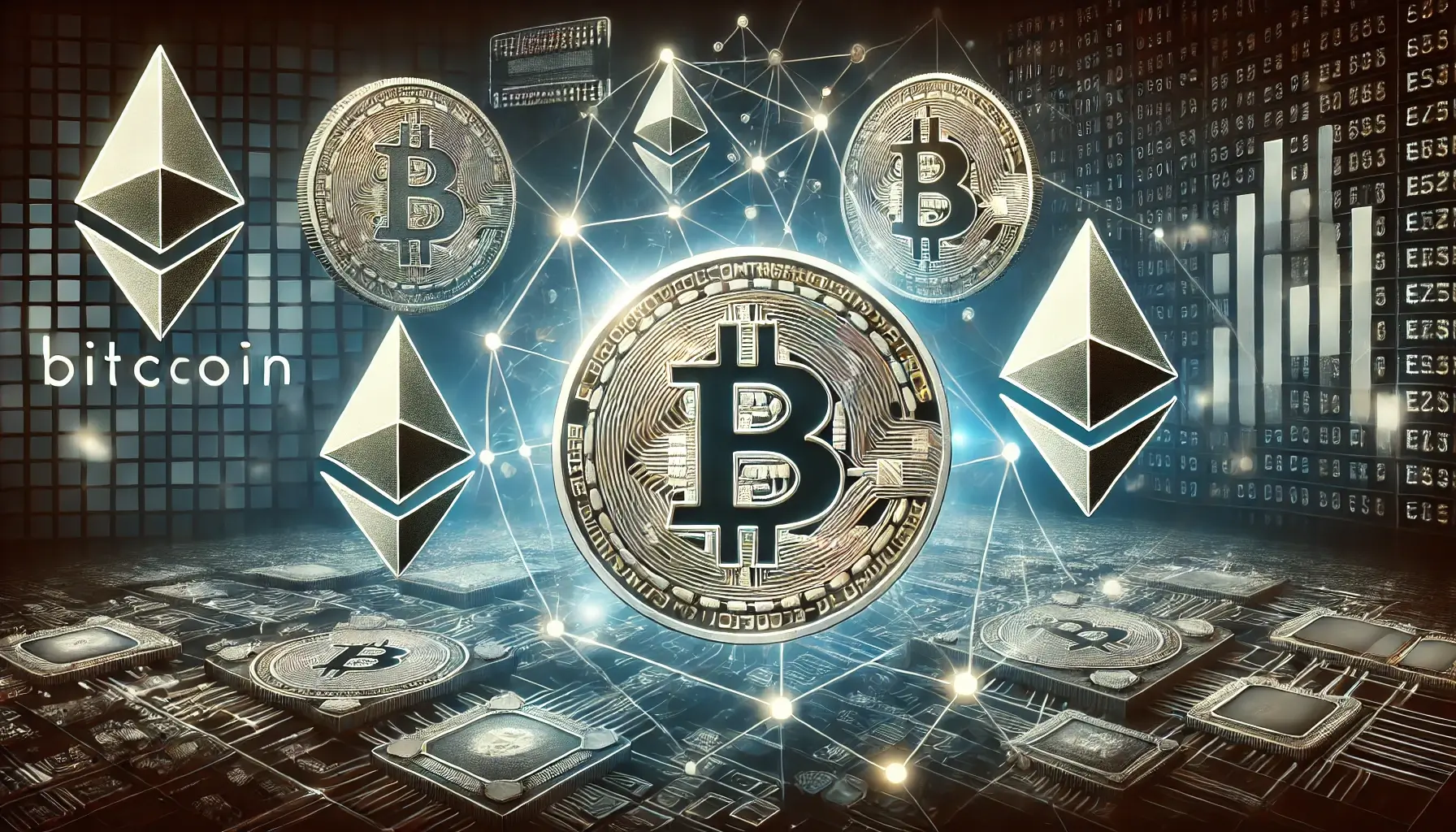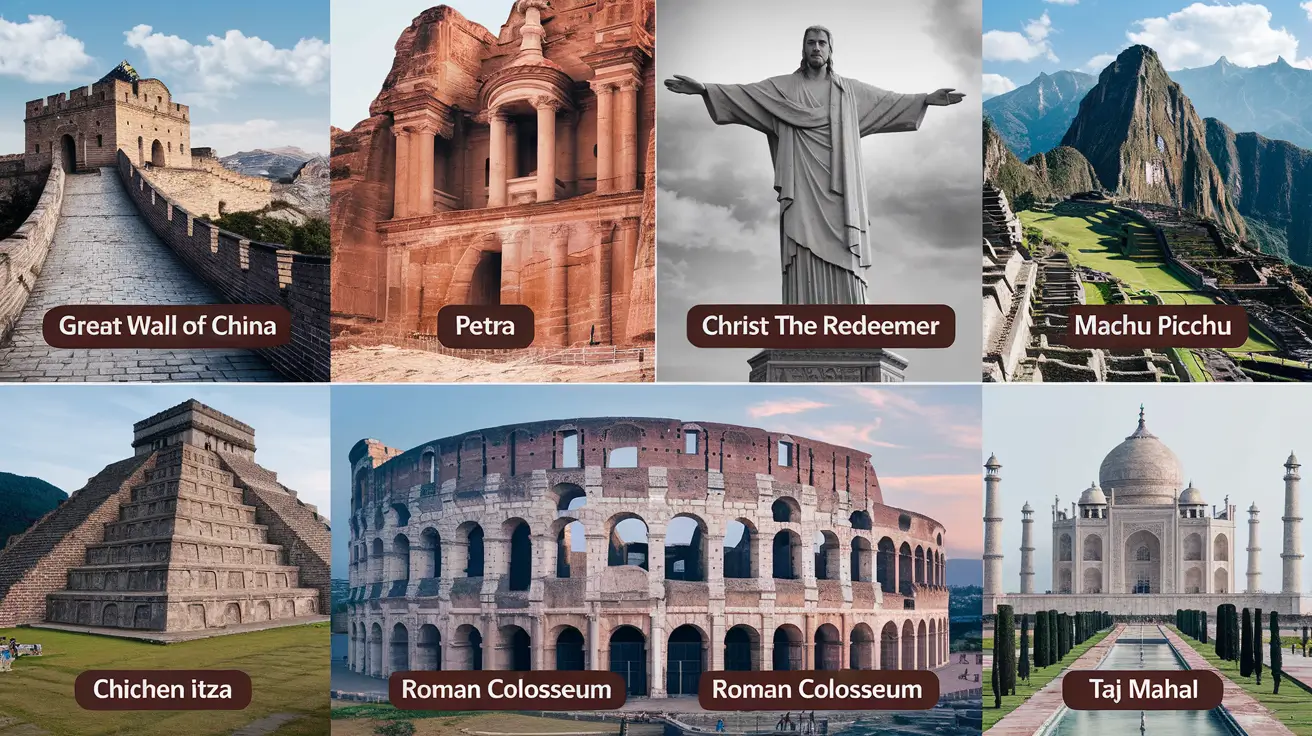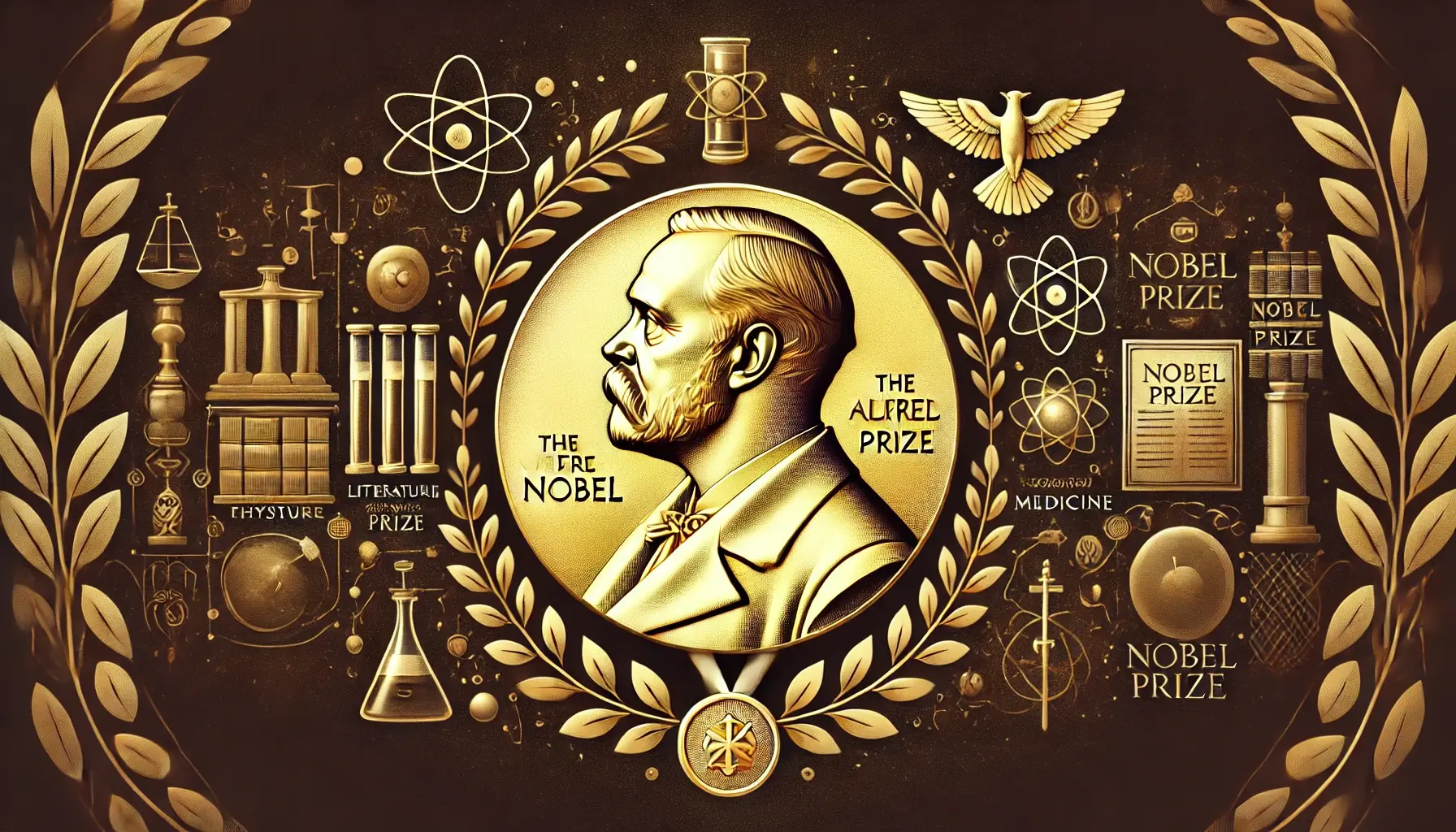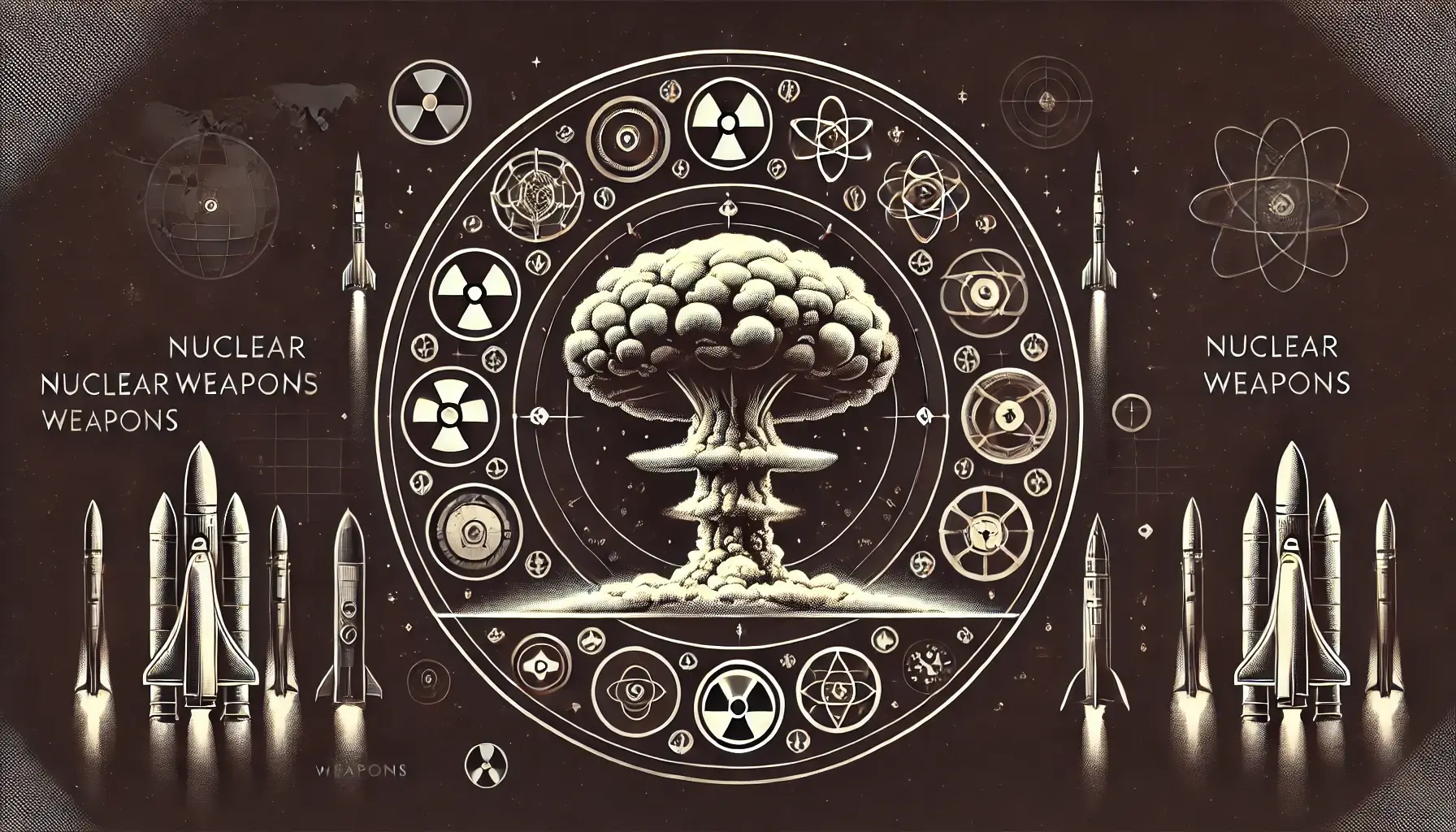Latest Blog Posts on Cryptocurrency: Digital Money, 7 Wonders of the World, Oscars Award: The Highest Honor in the Film Industry Globally, Nobel Prize: The Most Valuable and Prestigious Award Globally, Nuclear Weapons: Official NPT Powers and Non-NPT Armed States
Cryptocurrency: Digital Money
Cryptocurrency is a type of digital money that exists only online and uses special technology called blockchain to keep transactions safe. The most well-known cryptocurrency is Bitcoin, created in 2009. Other examples include Ethereum and Litecoin. Unlike regular money, cryptocurrency is not controlled by any government or bank. People use it to buy things, send money, or invest. Its value can go up and down quickly, and different countries have different rules about it.
7 Wonders of the World
The 7 Wonders of the World are iconic landmarks located in various countries around the globe. These include the Great Wall of China in China, Petra in Jordan, Christ the Redeemer in Brazil, Machu Picchu in Peru, Chichen Itza in Mexico, Roman Colosseum in Italy, and the Taj Mahal in India. These wonders are celebrated for their historical and cultural significance.
Oscars Award: The Highest Honor in the Film Industry Globally
The Oscars, also known as the Academy Awards, were established by the Academy of Motion Picture Arts and Sciences (AMPAS) and first awarded in 1929. They are the highest honor in the film industry, recognizing excellence in categories like Best Picture, Best Director, and Best Actor. Each year, numerous Oscars are awarded to celebrate outstanding cinematic achievements. By 2024, the 96th Oscars will have taken place, continuing the tradition of recognizing exceptional contributions to cinema.
The first Oscar in India was won by Bhanu Athaiya in 1983 for Best Costume Design in Gandhi, and the second went to A.R. Rahman in 2009 for his work in Slumdog Millionaire.
Nobel Prize: The Most Valuable and Prestigious Award Globally
The Nobel Prize, established by Alfred Nobel in 1895, is the most prestigious international award recognizing significant contributions in Physics, Chemistry, Medicine, Literature, Peace, and Economic Sciences. It honors those who have greatly benefited humanity. Each laureate receives a medal, a diploma, and a cash prize, with up to three winners allowed per category each year. Notably, Mathematics is not included in the Nobel categories, as Nobel did not specify it in his will. The awards continue the tradition of Nobel Prizes since they began in 1901.
The first Nobel Prize awarded to an Indian was to Rabindranath Tagore in Literature (1913), followed by C.V. Raman in Physics (1930).
Nuclear Weapons: Official NPT Powers and Non-NPT Armed States
Nuclear weapons are powerful devices that use nuclear reactions to cause massive destruction. The official nuclear powers recognized under the Non-Proliferation Treaty (NPT) are the United States, Russia, China, France, and the United Kingdom. These nations are also permanent members of the UN Security Council. Non-NPT nuclear-armed states include India, Pakistan, and North Korea, while Israel is believed to have nuclear weapons, though undeclared. These weapons are a major global security concern, prompting efforts for arms control and non-proliferation.




